The research is screaming at us from nearly every academic field. We nod approvingly, feeling that we are wiser. And then we go on doing exactly the same thing.
We sit at our desks in front of computer screens. We demand more automation in our homes and our modes of transportation. We ask our children to learn by sitting still and taking in information presented to them. We measure learning by the bubbles they fill in on a test paper.
The human body was created to be active and learn through interaction with the surrounding world. One of the first things God did for the human was give him something to do (Genesis 2:15). Humanity was invited into the ongoing work of creation from the very start. We are, in a very deep theological sense, co-creators with God.
Name a scientific field – sociology, psychology, biology, chemistry, neurology, physics – and you will find confirmation for what theology has affirmed for millennia: bodies are meant to participate and interact rather than stay passive and sedentary. Physical activity reduces stress, boosts mood, alleviates anxiety, heightens awareness, lowers blood pressure, improves memory, reduces risk for nearly every major disease, aids knowledge retention, and the list goes on.
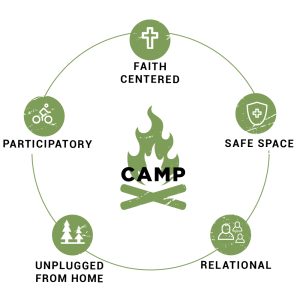 Camp is participatory. This is one of camp’s most recognizable characteristics. Camp is an incredibly tactile and kinesthetic environment. A big part of this is simply being outdoors and unplugged from technological devices. Camps are inherently interactive spaces that engage all of the senses and help connect young people with the power of the natural world. Participants get out of breath and sweaty. They get scratched by thorn bushes, bitten by bugs, and sunburned. They stare in wonder at the night sky and interact with wildlife. These simple experiences are decreasingly common in our increasingly sanitized and indoor society.
Camp is participatory. This is one of camp’s most recognizable characteristics. Camp is an incredibly tactile and kinesthetic environment. A big part of this is simply being outdoors and unplugged from technological devices. Camps are inherently interactive spaces that engage all of the senses and help connect young people with the power of the natural world. Participants get out of breath and sweaty. They get scratched by thorn bushes, bitten by bugs, and sunburned. They stare in wonder at the night sky and interact with wildlife. These simple experiences are decreasingly common in our increasingly sanitized and indoor society.
Our larger society has sought to make life more streamlined and easy. In so doing, we have taken away some of the fundamental characteristics that make life worth living. We need challenges and goals and causes to strive for. We need daily interaction with nature. Going back to the wisdom of Genesis 2, we need people to engage and gardens to tend.
There are, of course, immediate benefits to a week of camp. It is good for young people to be active and have a week of participatory fun. If camps did nothing else except play games, let kids be silly, and provide space for unstructured free play, the time would be incredibly well spent. But the best camps do much more than this. They intentionally teach a new way of life that involves face-to-face interaction with other people, setting goals, making decisions that have real consequences, overcoming challenges, and acting with integrity.
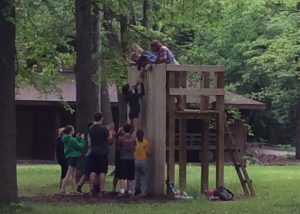 Camp is hard. We take young people away from their normal comforts and present them with new challenges. These might include cooperative group challenges on a ropes course, novel physical activities like horseback riding, or overcoming personal fears like scaling the climbing tower or reading scripture in front of a group. These participatory, sometimes difficult experiences help teach what Angela Duckworth has persuasively described as one of the most important keys to success in life: grit.
Camp is hard. We take young people away from their normal comforts and present them with new challenges. These might include cooperative group challenges on a ropes course, novel physical activities like horseback riding, or overcoming personal fears like scaling the climbing tower or reading scripture in front of a group. These participatory, sometimes difficult experiences help teach what Angela Duckworth has persuasively described as one of the most important keys to success in life: grit.
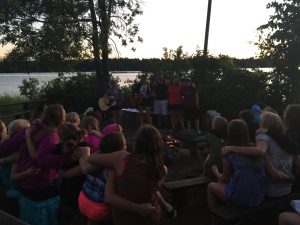 Through it all, campers learn by doing. One camper from the Effective Camp Research Project said, “They’re teaching us things without us really knowing that we’re being taught!” Forgiveness is not an abstract concept at camp. Community living means getting on one another’s nerves, so there is a good chance they will have to work through disagreements, forgive one another, and continue in community for the remainder of the week. The same is true with theology and biblical truths. Campers learn by doing. They get chances to plan and lead worship. They worship with their whole bodies in interactive spaces like a dew-covered field, a campfire circle, or in a lake.
Through it all, campers learn by doing. One camper from the Effective Camp Research Project said, “They’re teaching us things without us really knowing that we’re being taught!” Forgiveness is not an abstract concept at camp. Community living means getting on one another’s nerves, so there is a good chance they will have to work through disagreements, forgive one another, and continue in community for the remainder of the week. The same is true with theology and biblical truths. Campers learn by doing. They get chances to plan and lead worship. They worship with their whole bodies in interactive spaces like a dew-covered field, a campfire circle, or in a lake.
The goal of camp is not simply to give young people a reprieve from a sedentary, plugged-in lifestyle but rather to teach a new way of life. We have discussed earlier that camp is UNPLUGGED FROM HOME. We want them to return home with more than a bag of smelly clothes and a smile on their face. We want them to more fully act out their passions, act out their faith, and participate in the ongoing work that God is up to in this world.
This post is part of a series on the five fundamentals of Christian summer camp. Read about other characteristics here: UNPLUGGED FROM HOME, SAFE SPACE, FAITH CENTERED, RELATIONAL


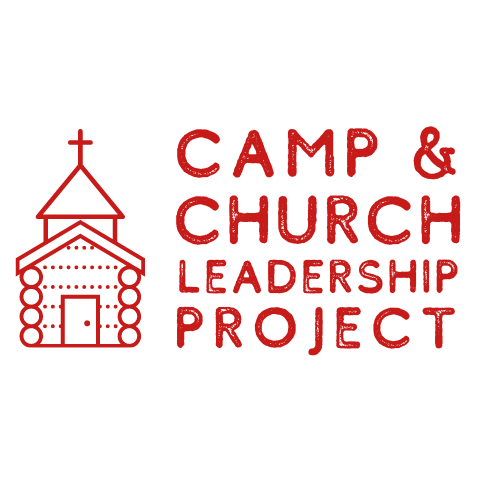





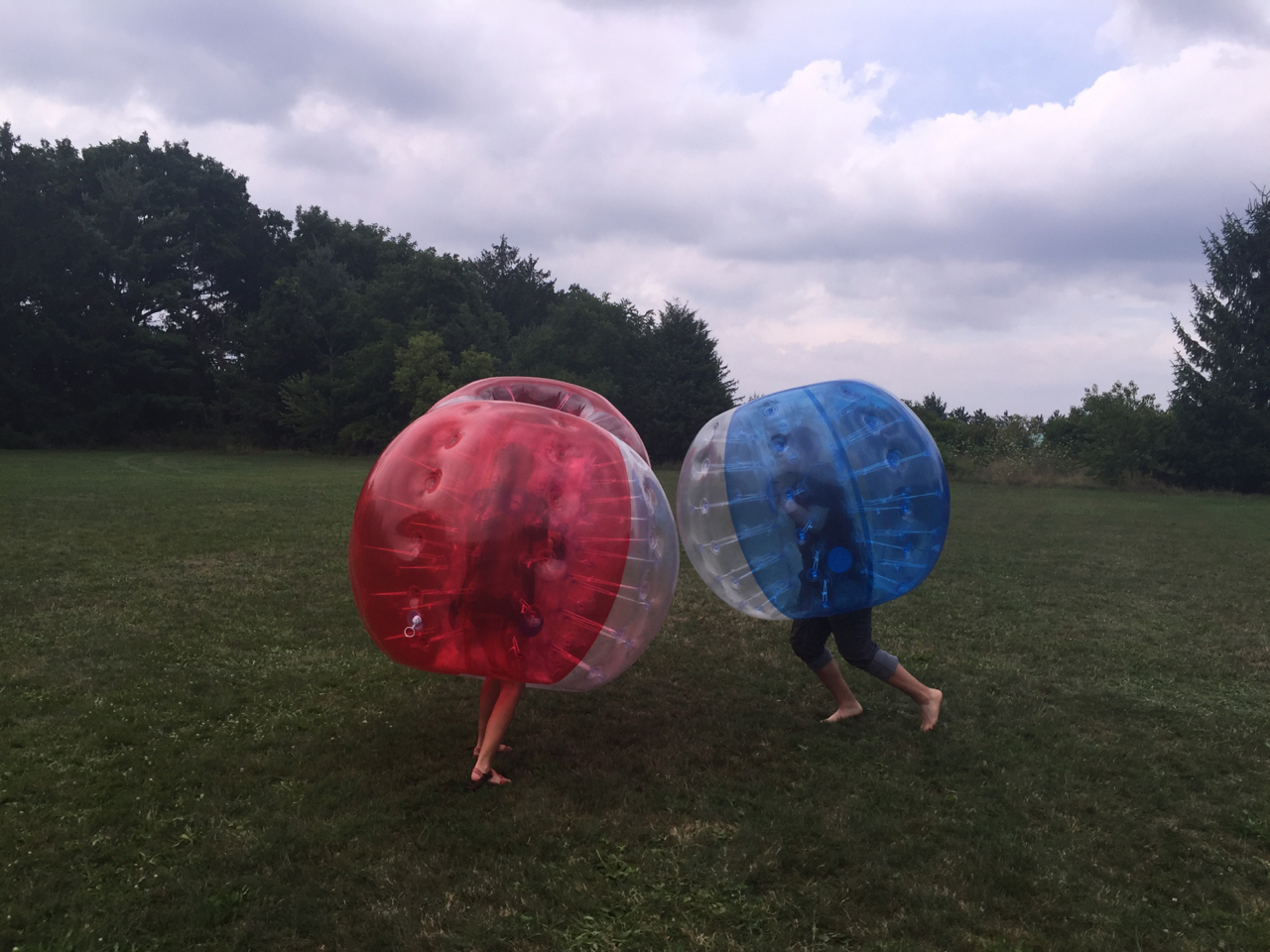
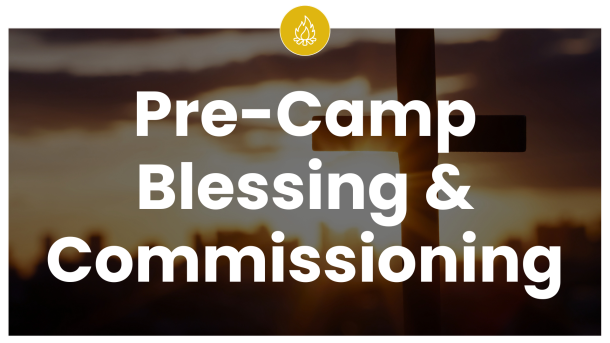
0 Comments